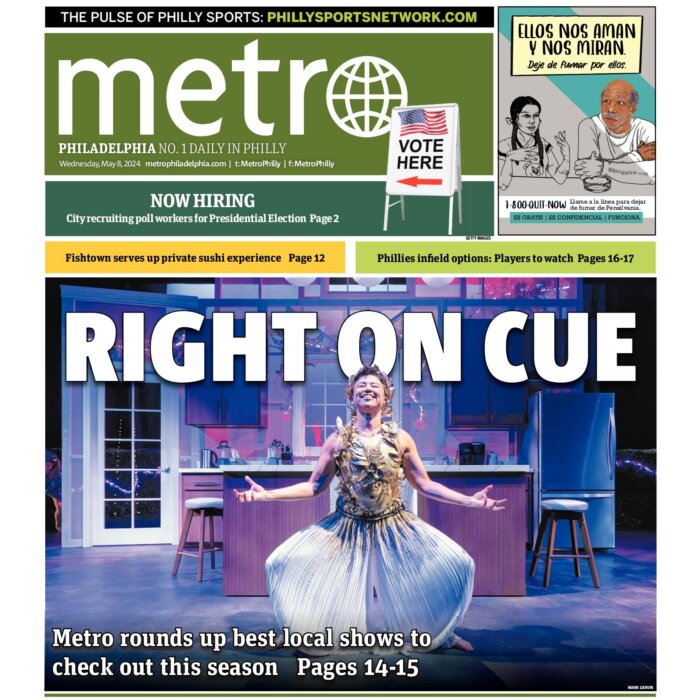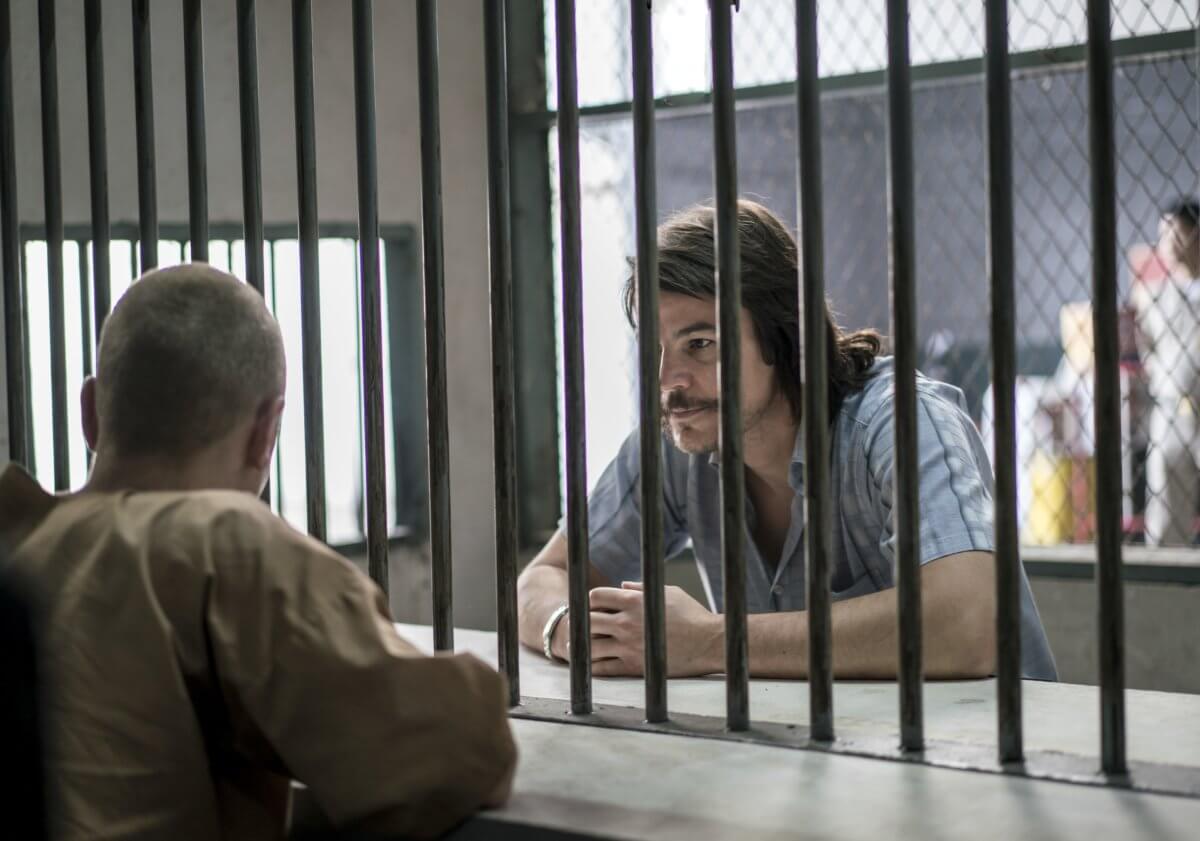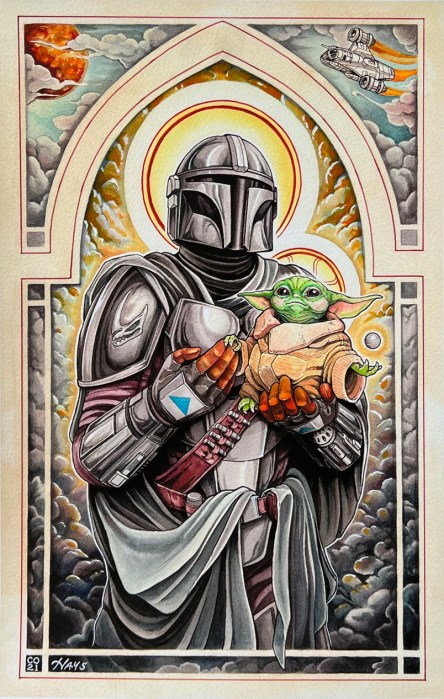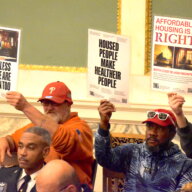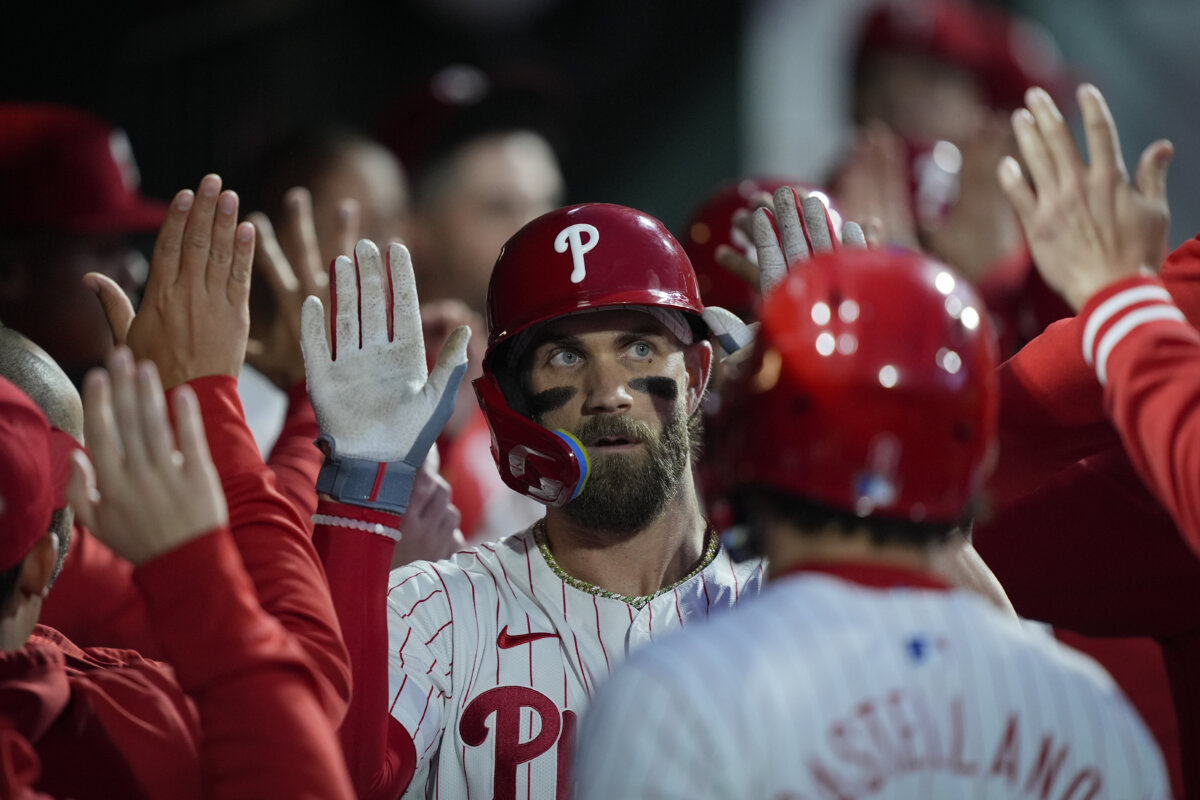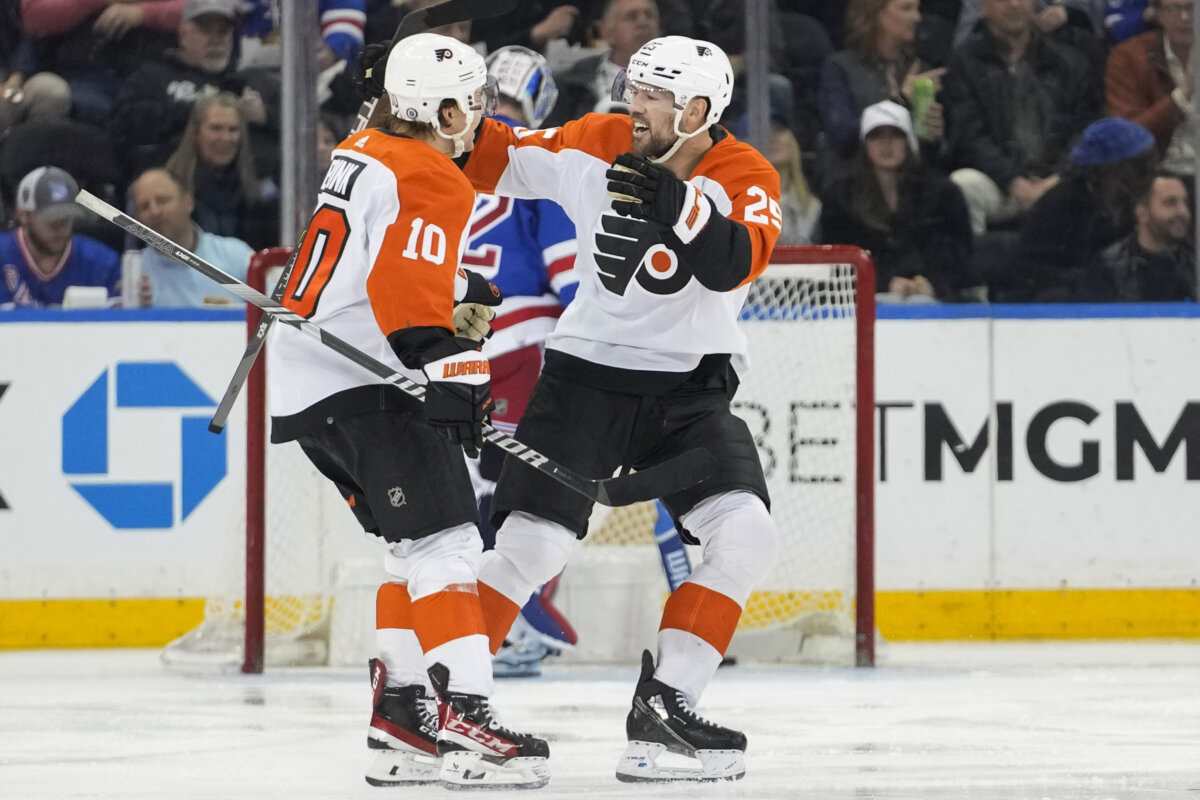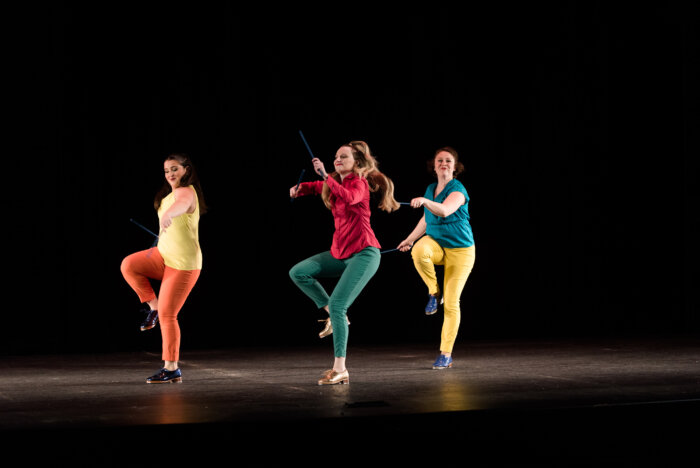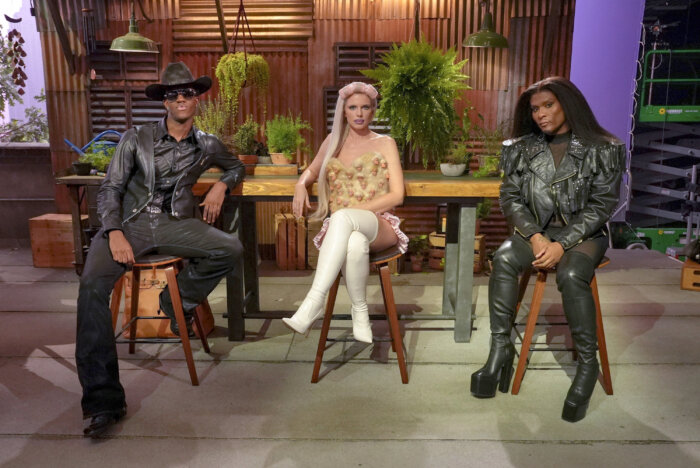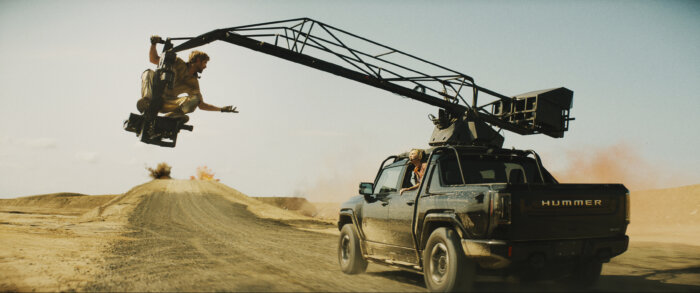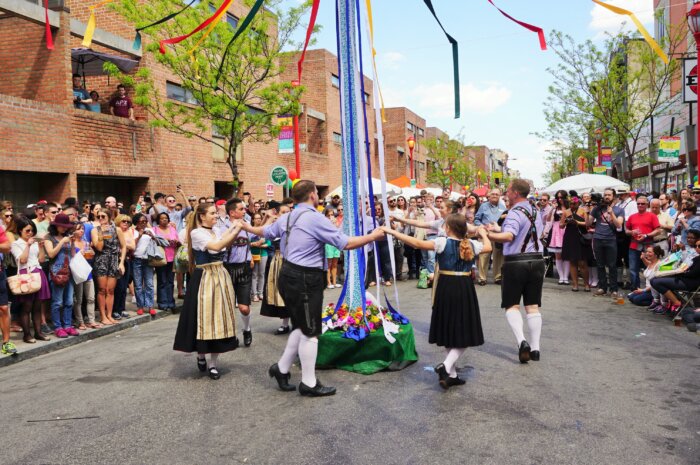We hear stories at times about unbelievable cover-ups, false imprisonments and innocent people who are accused and tried of quite heinous crimes. In French-Canadian writer-director Daniel Roby’s latest film, “Most Wanted,” a story just like that is followed, but it’s the journalist who uncovered the scandal that really helps get this electric tale off the ground.
In 1989, Canadian journalist Victor Malarek (Josh Hartnett) began investigating the suspicious imprisonment of a heroin addict (Alain Olivier, in the film as Daniel Léger played by Antoine-Olivier Pilon) in a Thailand prison. What the investigative journalist uncovers is a series of cover-ups and missteps that goes quite high up, and the most shocking part about this whole story is just how easy that was to do.
After initially reading about the story almost two decades later, Roby tracked down some of the real-life key players of the events, sat in on courtroom testaments, poured over hours of research and turned this insane story into a passion project for his fifth feature film. Roby sat down with Metro to discuss exactly how that all came to be.
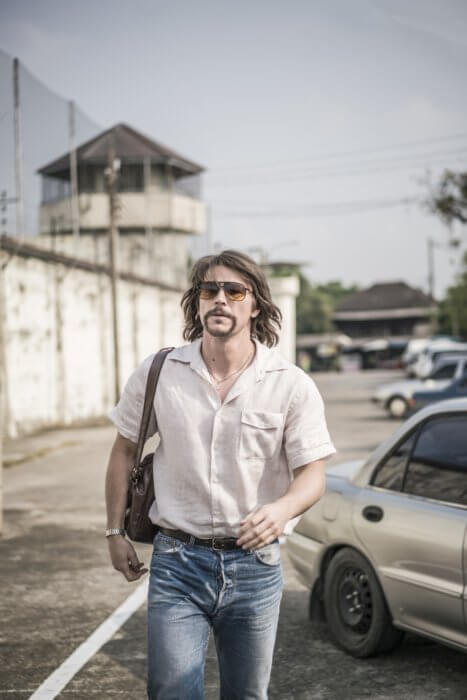
When did you first hear about this story, and why did you feel like it needed to be told?
I heard about it first in 2006, about 17 years after the facts and after the first article had been published on this case by Victor Malarek. I read it in a French-Canadian newspaper here in Montreal and there’s a columnist who was talking about how the police, once they stumble and start a lie, the whole group will follow and lie until they die. I was surprised that I had never heard about it, even though there had already been many articles written starting in 1989—but it’s always bits and pieces here and there. Once you read the whole thing at one place, it struck me almost as like an impossible story, I was very surprised.
Also, I had finished my first feature as a director, and I had somewhat of a traumatic experience working five years to get a movie done with a million dollars, and I was very exhausted by it. I wasn’t sure I wanted to direct another movie because it has been so difficult. But then I won, Best First Feature at the Toronto Film Festival with it and so I decided I guess I have to try and make a second feature then, but if I try and make a second feature, I want to try and find subject matter that’s very important to me. That’s why when I read this story, I immediately thought this could be my second feature.
I could put some light on this story about abuse of power in our systems, how easy it could happen and not necessarily by evil people with a plan, but just people with access to that kind of power who start to make a little mistake and then another one and then just to save face, they can swipe under the rug the life of another citizen thinking that nobody will ever hear about this ever again. It’s a scary thought that this could happen, so I thought, I need to spend time telling this story especially in realizing that without an investigative journalist and free press in our democracy, I probably never would have heard about this, and Alain would be dead today.
What went into creating the script once you decided that you were going to tell this story? Who did you get to talk too?
The first person I spoke to, the Daniel Léger character is based on Alain Olivier, he was suing the federal government for this case, so I got in touch with his lawyers and I [met] with him. Then, he put me in touch with Victor, so I went to Toronto to meet him and he agreed to help me with the movie, so he was a consultant. I interviewed Victor many times about his personal life, his job, why he does it, how difficult it is, the challenges of the job, the main dilemmas in his life and about this particular case. He gave me the details of his own investigation, but he was very generous to tell me everything that was in his mind about his passion and this calling that he has to do these very deep investigations and hard stories.
So, he was a very good collaborator, but also Alain, who actually spent time in the Thai prison gave me his version of the facts and I got to sit in court for three months, five days a week, listening to every witness in this case, taking notes and also I could read all the books and articles, so I was very documented when I sat down to write the script. Even after that, I had Victor and Alain for details of realism on what happened in the Thai prison and what happened at the newspaper, so I could call them anytime and ask them for precision on how to make things as real as possible. I was very lucky to have them around.
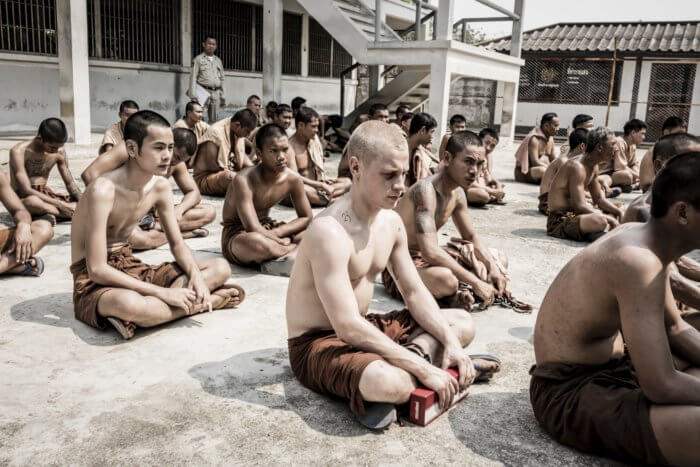
Casting-wise, especially since you did get to talk to the real-life players so in-depth, what were you looking for?
Mostly for me, with the Daniel Léger character and Victor, I was looking for their energy. Casting Victor was hard because he’s such a rebel. It looks like a character tailored for the movies, this rebel journalist, but that’s what he really is. [He was] his early 40s, just had his first baby, a charismatic guy who is not scared of his own opinions, very smart, but also with a background of a very difficult childhood. All of Victor Malarek’s friends from his youth became criminals, or very I guess dangerous people because they come from such a hard background.
Victor has the same energy and will, and he’s kicking doors open, that’s his main and basic energy. So to get somebody who has that kind of rebel energy and aura, when I saw what Josh became—because I remember him as 25 years old and the good looking, young lead—I realized he was 40, going to have his first baby and very close to the age and situation that Victor was in during this time. It kind of came together and I thought Josh would play a fantastic Malarek.
For Daniel, it was different and more difficult to cast. Alain was 27 years old when this happened and I wanted a French-Canadian who was able to play in English because the real guy experienced this out West in British-Columbia and then went to Thailand, so I auditioned about 50 people all across Canada to find him. Basically, I was lucky it took so long to fund the movie, [because] if I had been casting five years earlier, Antoine-Olivier would have been way too young. He’s got the charisma and the strength to carry a movie on his shoulders, so I was very lucky to get him.
Overall, what do you hope audiences take away from the film?
I hope they have a great time watching the movie, because I tried to make it really suspenseful and like a real thriller and a real puzzle to figure out what’s going to happen. [But] since it’s based on true events, I’d like for people to walk away realizing how that type of abuse of power could happen so easily and without free press and defending these institutions of journalism and protecting them as a counter-power.
Seriously, I think we need to realize how important it is, especially at this time in history. We’re fighting what’s true or not true on the internet, and politicians are challenging the truth of what reporters are saying. I hope it doesn’t discredit the profession and I feel like we need to protect that because it’s the only real counter-power that normal citizens have against abuse of power inside the system. The system has mechanisms to protect us, but you never know who is going to be using the system and the extent of that power and maybe sometimes they’re going to be cheating for their own benefit. It’s very fragile, and I hope people realize how important free press and investigative journalism is to protect us.
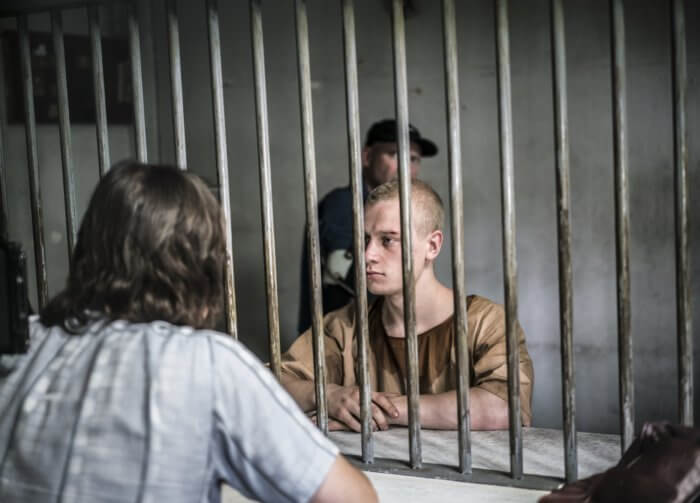
‘Most Wanted’ hits select theaters and on demand July 24.
